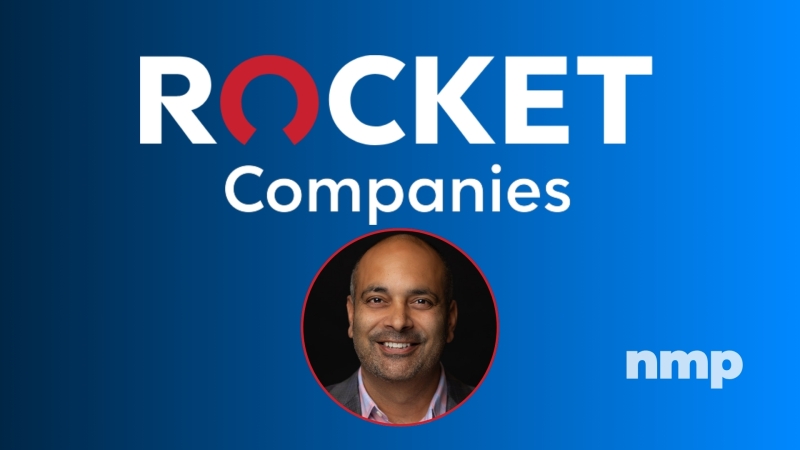Advertisement
Mills appointed director of the Indiana Department of Financial Institutions
Indiana Gov. Mitch Daniels has named former bank executive David Mills as director of the Indiana Department of Financial Institutions (DFI). Mills, of Zionsville, Ind., previously worked in corporate banking for more than 37 years with National City Bank, retiring in 2007 as senior vice president and deputy chief credit officer. As DFI director, he will serve as the chief executive and administrative officer of the state agency that provides regulatory oversight of state chartered financial institutions. Mills received his undergraduate degree from Indiana University--Bloomington and is a graduate of the Herbert V. Prochnow Graduate School of Banking at the University of Wisconsin. He currently serves as the director of programs for the Indiana Office of Faith Based and Community Initiatives.
Mills will replace Judith Ripley, who has served as DFI director since July 2005. She is leaving her post and will join Capitol Assets LLC in Indianapolis. Ripley has a combined 11 years of regulator oversight service in state government, first at the Indiana Utility Regulatory Commission and then with DFI.
For more informaiton, visit www.in.gov/dfi.
About the author





